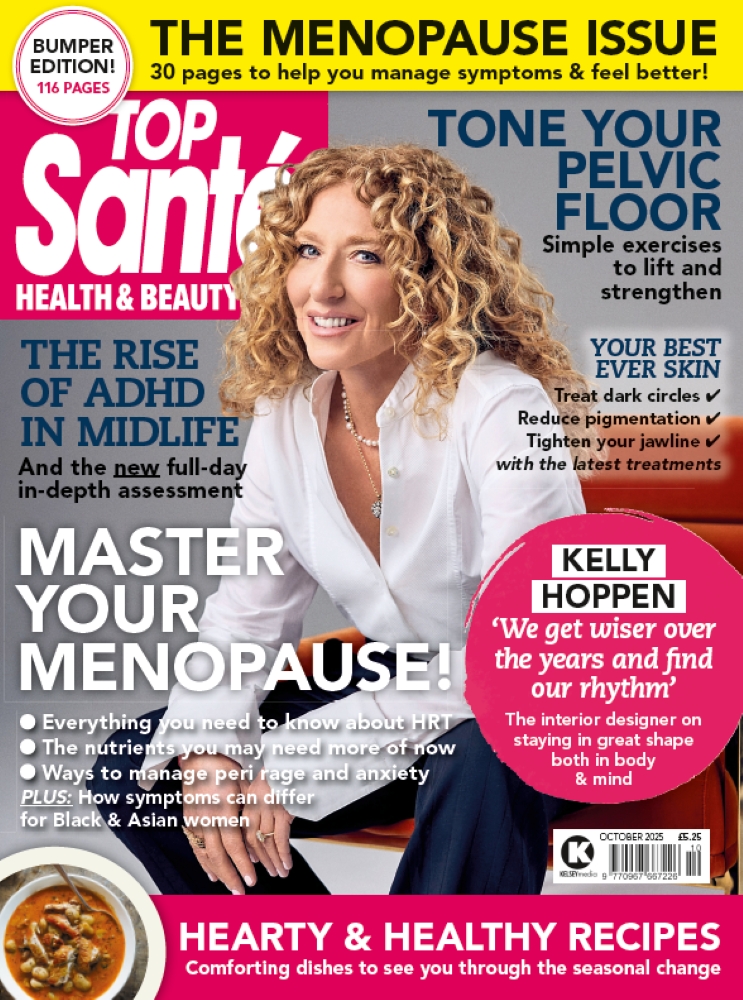As the Covid-19 pandemic continues, Jane Ogden, Professor in Health Psychology at the University of Surrey, comments on symptom perception and how symptoms are modified by mood and cognition.
How do I know if my symptoms are real?
“Much as the serious symptoms of COVID 19 are clearly indisputable, those experienced in the early days following exposure to the virus are all too familiar and open to all the biases of symptom perception that influenced our daily lives way before this recent pandemic hit.
“And this process of symptom perception isn’t always helped by the constant bombardment by the media, which can lead to health anxiety and hyper vigilance, which in turn makes any symptom worse.
“Every year I carry out a study with my students to illustrate how symptoms are perceptions not sensations. They all take part in a leg raising task when they sit down with their backs against the chair and lift a leg up horizontally for one minute whilst either relaxing, describing how it feels, chatting about their weekend or doing nothing. They then rate how much it hurts and every year it works a dream: pain is significantly greater when they focus on their leg than when they are distracted.
Focusing on symptoms can make them worse
“Symptoms are clearly modified by mood (anxiety makes them worse) and cognition (being distracted make them better). And in today’s world of coronavirus who can’t help but watch their body for changes, worry about their tickly throat and check their forehead for any hint of a fever. All of which will also make these symptoms feel worse than they are. But symptoms are also contagious in more ways than just through the virus.
“In 1982, David Mechanic described a syndrome called medical student’s disease, which illustrated how medical students often “caught” the disease they were studying in class. So they experienced chest pain when studying cardiology or breathlessness when in respiratory classes.
“A few years ago I also carried out a study on the social contagion of symptoms and found that when watching films of head lice or people jumping into icy water, participants either itched or shivered.
“We live in strange times when we need to know whether we are ill or not to protect those who are more vulnerable. But this process is not without its problems and whilst telling people to be vigilant of their symptoms may well help identify real symptoms of COVID 19, it may also exacerbate a whole load of more minor symptoms that would have been better ignored.”







